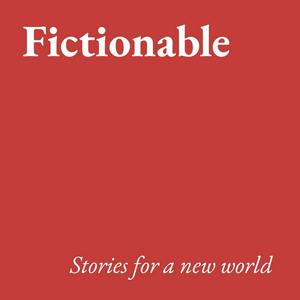Esther Karin Mngodo: 'I am more myself when I write in Swahili'
Last year we heard from Daisy Johnson, Judith Vanistendael, Scott Jacobs and Hannah Webb. We bring our Autumn series to a close – just in time for Winter – with Esther Karin Mngodo and the translator Jay Boss Rubin, who join us to talk about First Date.Mngodo tells us how this story ate another of her short stories, Without Sun."It came from the idea of how things are within other things," she says, "how everything is interconnected."In First Date, the links stretch across an entire millennium. Mngodo feels that we still have much in common with each other, even across vast distances of time and space."The human experience, whether you're in Tanzania, or you're in London, or in America, it's still the same," she explains. "We still feel fear, we still have hope. We still want to love and be loved."Our experiences may be the same, but there are still tensions in the ways we reflect them in language, even when it is our mother tongue."We tend to believe that Swahili is this very beautiful language that is locked with the great writers like Shaaban Roberts," Mngodo says. "The rest of us are just aspiring to get there. And so for most of my life I felt that I wasn't good enough in the Swahili that I spoke or wrote."It was when she first went to the US and Canada to study that she began to embrace writing in Swahili, a decision that affected her on the deepest levels."It was during that time that I realised I started dreaming in Swahili," she recalls.With a language like Swahili, these complications are rooted in the complexities of a contested history."For people who like to argue," Rubin says, "you can argue that Swahili is detrimental to local indigenous languages. They're being wiped out because Swahili is used as a national and regional language. Now you could also say the same thing about what English is doing to Swahili."But it's also very possible for languages "to enrich one another", he continues. "There's not like a net sum, where when more English comes in Swahili gets pushed out, or vice versa."For Mngodo the question of what language to write in goes beyond "who owns the language"."The language belongs to me," she insists, "if I can express through it. Hosted on Acast. See acast.com/privacy for more information.
